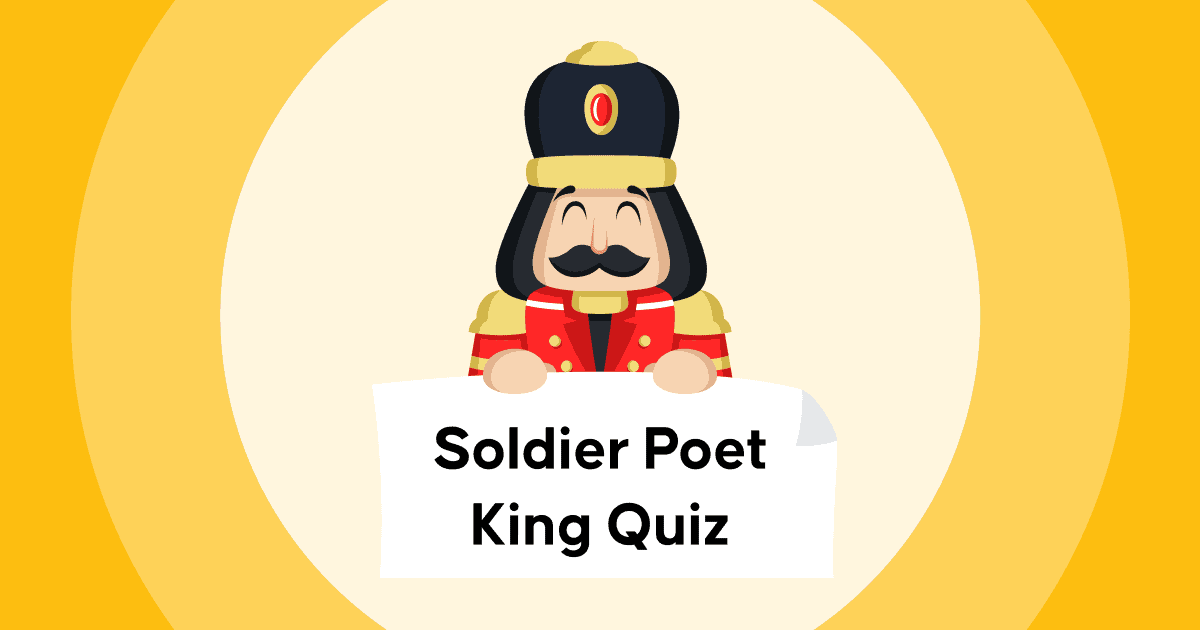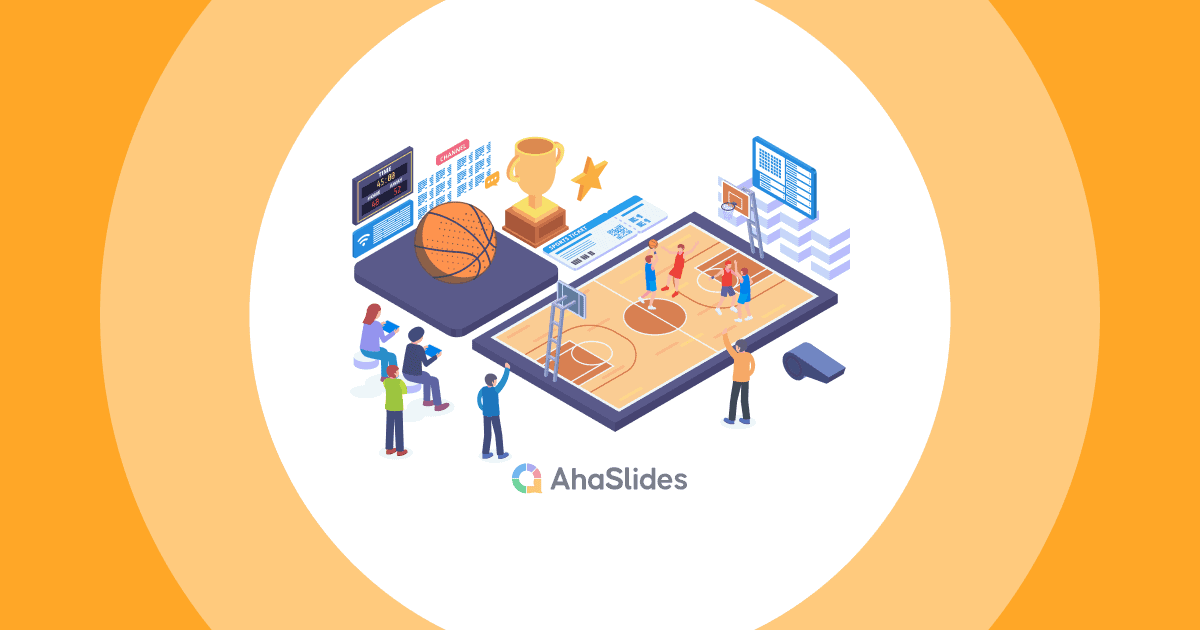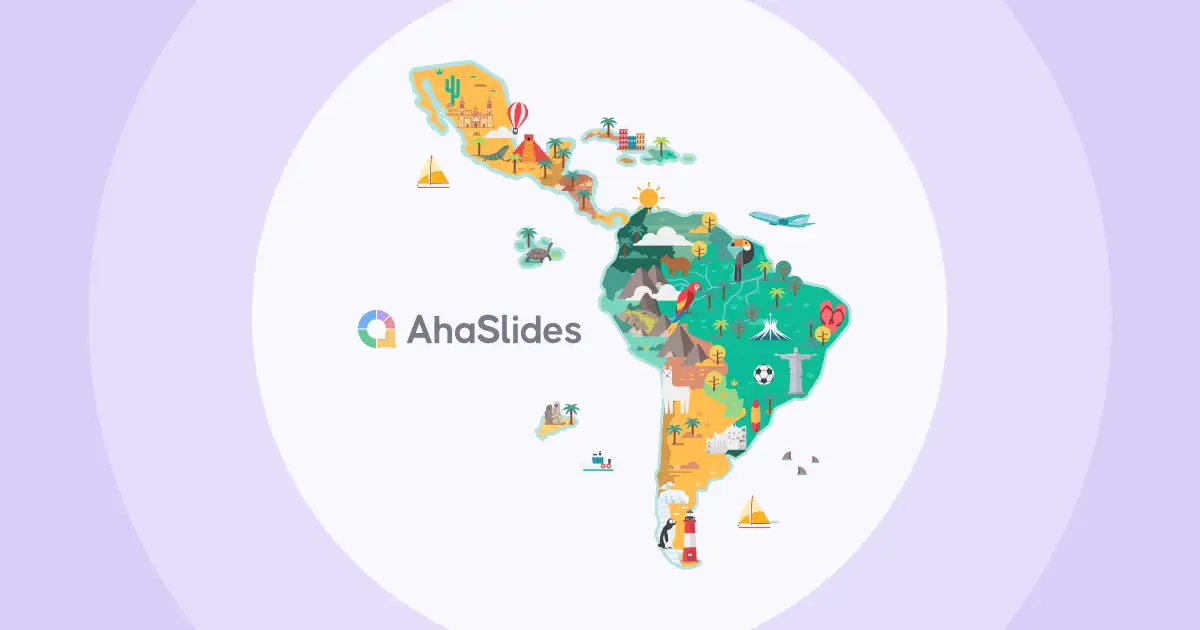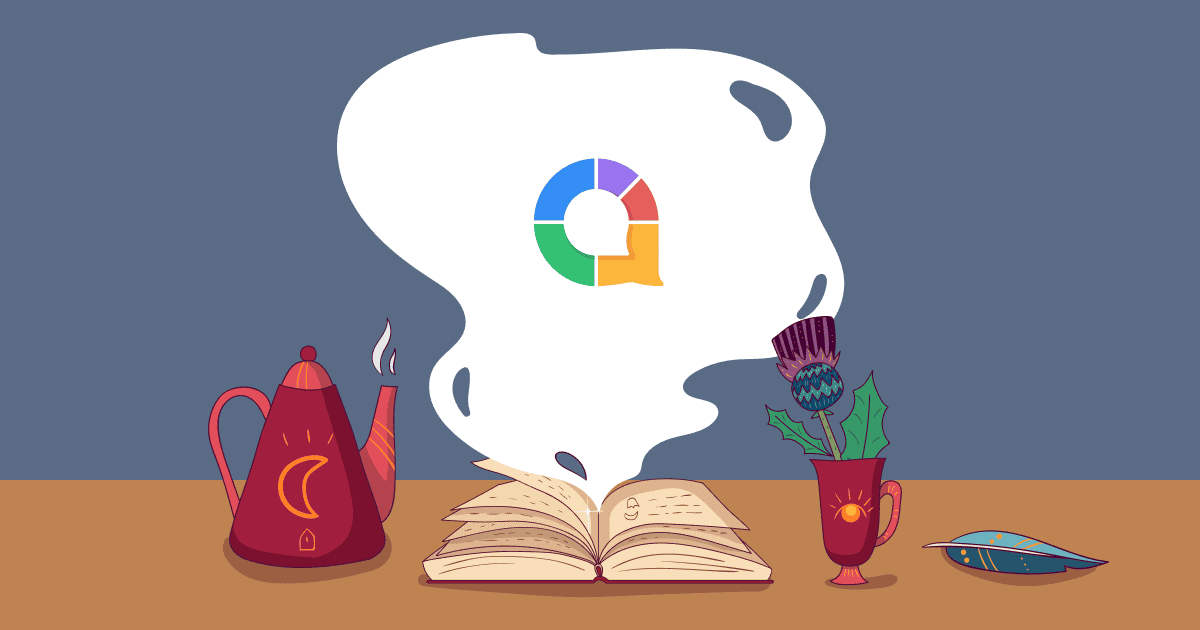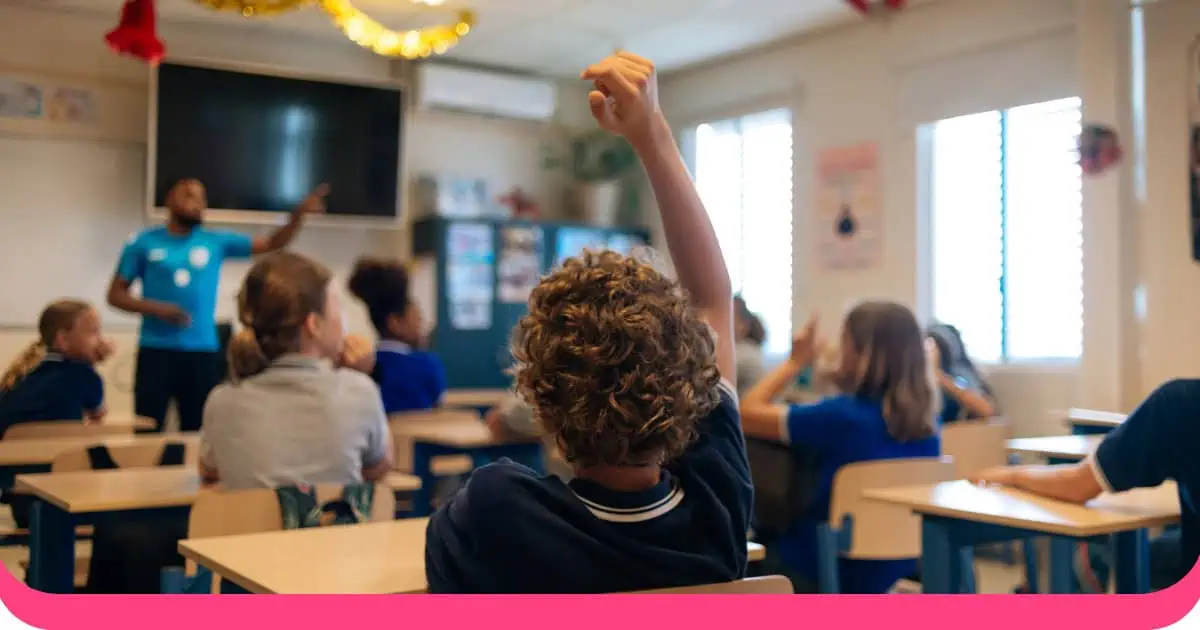We are Not Really Strangers is a game of reconnection to ring up an emotional game night or play with your loved ones to deepen your relationship, and we've got the full list for you to use for FREE below!
This is a well-crafted three-level game that covers all aspects of dating, couples, self-love, friendship, and family. Enjoy the journey of deepening your connections!

TL;DR
- The "We're Not Really Strangers" (WNRS) game is not just a deck of questions; it creates meaningful experiences for deeper conversations and strong bonds.
- The brainchild of WNRS is Koreen Odiney, a Los Angeles-based model and artist who desires to create authentic and genuine connections.
- The game structure with 3-level questions, including Perception, Connection, and Reflection. There are many additional editions or expansion packs to cater to specific relationships, such as couples, family, or friends.
- The science behind WNRS questions is related to making the right questions and psychological principles like Emotional Intelligence (EQ), social anxiety, and mental health.
- Access the WNRS questions free version or physical deck cards on the brand's official website, other 3rd party sellers or online marketplaces.
Table of Content
What is "We're Not Really Strangers"?
In the world of various light conversations, the We're Not Really Strangers game stands out as a journey into deep connections. It doesn't reshape how we play games, but redefines fine how we connect with others and ourselves.
So, what is its origin and concept?
The creator of WNRS is Koreen Odiney, a model and artist in Los Angeles. The phrase "We're Not Really Strangers" came from a stranger encountered during her photography sessions. The card game then was born out of her passion for breaking down barriers and sparking meaningful connections.
The game includes various thought-provoking questions at 3 progressive levels: Perception, Connection, and Reflection. There are some special editions or expansion packs such as couples, family, and friendship for a greater experience of intimacy.
Why is WNRS more than just a Card Game?
Instead of focusing on competition, the game creates meaningful space and experience. With various thoughtful we're not really strangers questions, you gradually step into the world of self-discovery and authentic connections.
The brand also designs the last card for players to write messages to each other, adding a lasting impact.
How It Became a Global Sensation
Thanks to a unique approach of genuine connection, the game gained viral momentum. It deeply resonates with audiences seeking authenticity in a digital world with less social interaction.
Moreover, the power of Word-of-Mouth and social media content further makes it viral quickly as a global phenomenon. The brand also offers various editions or theme packs to cater to multiple types of relationships for a satisfying experience.
How to Play "We're Not Really Strangers"
Ready to break the barriers and immerse in genuine ties? Let's explore simple steps to play "We're Not Really Strangers"!
1. Game Setup and Required Materials
You will need below materials to set up the games:
- "We're Not Really Strangers" card decks with all 3-question levels. You might utilize expansion packs to tailor to your suitable target audiences.
- Pencil and notepad for the final activity of reflection or writing messages to each other.
- A suitable and quiet space for all participants to feel comfortable sharing their thoughts
After having must-have materials, shuffle each of the card decks and place them down in separate piles. Don't forget to put the final card aside for use at the end of the game.
Regarding participants, you can easily kick off the game with two players. Who will start first? Decide by staring at each other; the first person to blink starts! You can play with friends, family, or even strangers. Please kindly note that the players are encouraged to share openly and honestly.
2. Understanding the Levels & Question Types
Now it's time to understand the game levels! There are typically 3 levels of questions to deepen the game progressively:
- Level 1: Perception - Focus on breaking the ice, making assumptions, and exploring first impressions
- Level 2: Connection - Encourage personal sharing, life perspectives and emotions
- Level 3: Reflection - Promote deep reflection on the player's own experience and others through the game.
3. How to Make the Game More Engaging
Move on to exploring useful tips to level up your WNRS experience. Why don't you consider some of the following suggestions?
Be mindful of creating a cozy and safe space. A judgment-free atmosphere with candles, snacks, and music makes players feel comfortable to open up.
Don't rush! Let the conversation flow naturally. Take your time with each question and listen actively with genuine interest.
You might use WildCards with several creative challenges to add a dynamic touch to the game.
4. Playing Virtually vs. In-Person
Wondering how to play the WNRS games in different settings? Don't skip this part! Indeed, you can play in person or virtually without compromise.
- In-person play: Physical decks are ideal for leveling up the experience. More direct people interaction like body language and eye contact triggers more emotional impact. Gather players around a table and start the game as standard rules!
- Virtual play: Play WNRS online works well via video calls like Zoom or Facetime for long-distance friends or remote members. Each player takes turns to share for each online card.
But what if you need a platform or WNRS apps to make the game enjoyable and engaging? Let's consider AhaSlides - the most effective interactive presentation platform that allows you to create interactive and fun quizzes or other features. Here is a template for AhaSlides for We’re Not Really Strangers Online Questions:
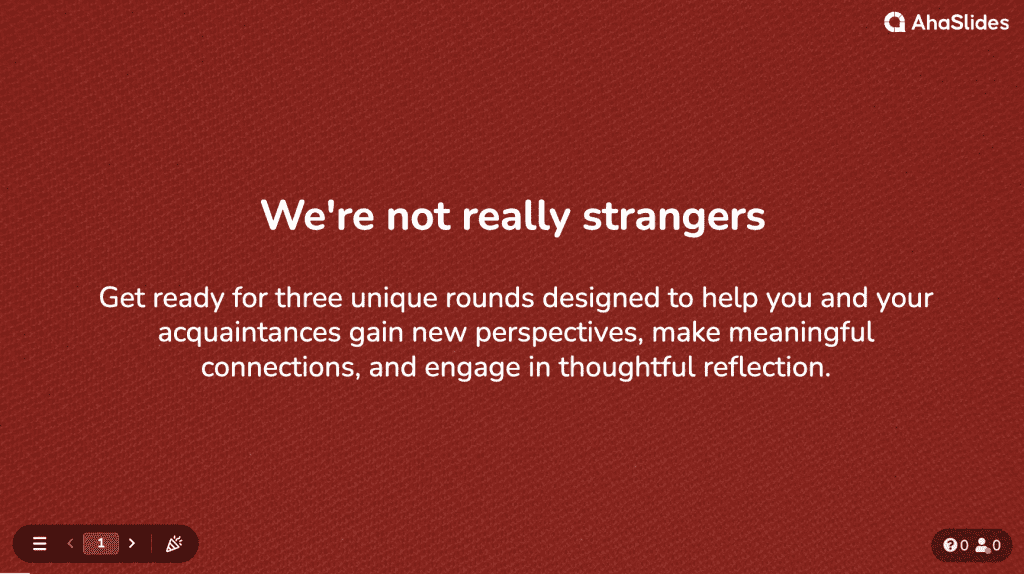
- #1: Click on the button above to join the game. You can browse through each slide and submit ideas on it with friends.
- #2: To save the slides or play with acquaintances privately, click on 'My Account,' then sign up for a free AhaSlides account. You can customize them further and play them online/offline with people as you want!
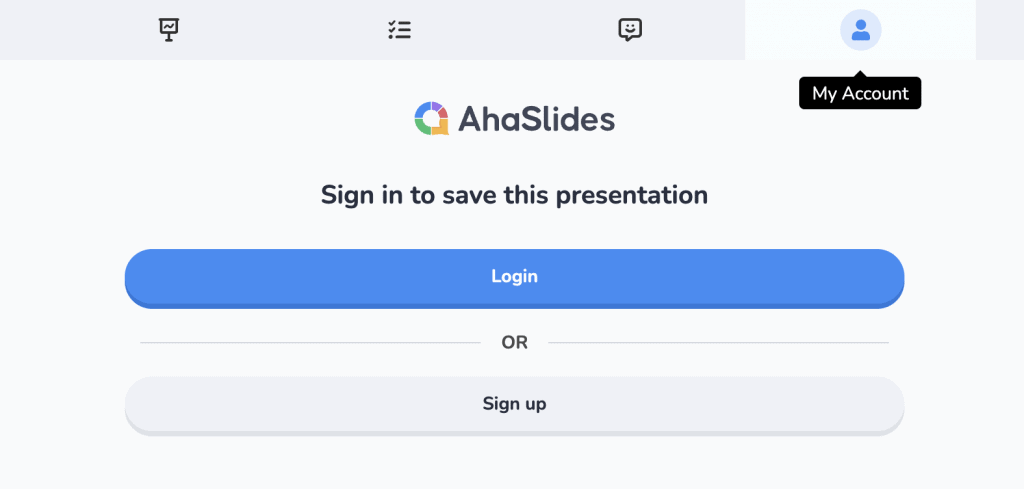
Full List of "We're Not Really Strangers" Questions (Updated 2025)
Let's get started with the superficial to deep We're not really strangers questions. You and your acquaintances will experience three distinctive rounds serving different purposes: perception, connection, and reflection.
Level 1: Perception
This level focuses on self-reflection and understanding one's own thoughts and feelings. By sharing perceptions, participants gain insight into how others see them. They are aware of snap judgments and more empathetic via understanding other lenses.
Here are some of the best icebreaker questions for your reference:
1/ What do you think my major is?
2/ Do you think I've ever been in love?
3/ Do you think I’ve ever had my heart broken?
4/ Do you think I've ever been fired?
5/ Do you think I was popular in high school?
6/ What do you think I will prefer? Hot Cheetos or onion rings?
7/ Do you think I like being a couch potato?
8/ Do you think I am an extrovert?
9/ Do you think I have a sibling? Older or younger?
10/ Where do you think I grew up?
11/ Do you think I am mainly cooking or getting takeout?
12/ What do you think I have been binge-watching lately?
13/ Do you think I hate waking up early?
14/ What is the nicest thing you can remember doing for a friend?
15/ What type of social situation makes you feel the most awkward?
16/ Who do you think is my favorite idol?
17/ When do I usually have dinner?
18/ Do you think I like wearing red?
19/ What do you think is my favorite dish?
20/ Do you think I'm in Greek life?
21/ Do you know what my dream career is?
22/ Do you know where my dream vacation is?
23/ Do you think I used to be bullied in school?
24/ Do you think I am a talkative person?
25/ Do you think I am a cold fish?
26/ What do you think my favorite Starbucks drink is?
27/ Do you think I love reading books?
28/ When do you think I most usually like to stay alone?
29/ Which part of a house do you think is my favorite place?
30/ Do you think I like playing video games?
Level 2: Connection
At this level, players ask thought-provoking questions to one another, fostering a deeper connection and empathy.
Vulnerability is key here. A sense of trust and intimacy often comes from open-up and genuine sharing of personal experiences. Vulnerability then breaks surface-level conversation and strengthens relationships. And here are must-ask questions for deeper bonds:
31/ How likely do you think I will change my career?
32/ What was your first impression of me?
33/ What is the last thing you lied about?
34/ What have you been hiding all those years?
35/ What is your weirdest thinking?
36/ What is the last thing you lied to your mom about?
37/ What's the biggest mistake you've made?
38/ What is the worst pain you have ever been in?
39/ What are you still trying to prove to yourself?
40/ What is your most defining personality?
41/ What is the hardest part about dating you?
42/ What is the best thing about your father or mother?
43/ What is the favorite lyric you can't stop thinking about in your head?
44/ Are you lying to yourself about anything?
45/ What animal that you want to raise?
46/ What would you feel best to fully accept in this current status?
47/ When was the last time you felt lucky to be you?
48/ What is the adjective that best describes you in the past and now?
49/ What would your younger self not believe about your life today?
50/ Which part of your family that you want to keep or let go of?
51/ What is your favorite memory from your childhood?
52/ How long does it take to be friends with you?
53/ What takes someone from a friend to a best friend for you?
54/ What question are you trying to answer in your life right now?
55/ What would you tell your younger self?
56/ What is your most regretful action?
57/ When was the last time you cried?
58/ What are you better at than most people you know?
59/ Who do you want to talk to when you feel lonely?
60/ What is the hardest part of being abroad?
Level 3: Reflection
The final level encourages players to reflect on the experience and insights gained during the game. It's about understanding yourself and others better, like how they feel or interact with others. In other words, these questions tap into emotional intelligence regarding empathy and self-awareness. Moreover, your reflection process will leave a sense of closure and clarity.
Now, check out some WNRS self-reflection questions following:
61/ What do you want to change in your personality right now?
62/ Who do you want to say sorry or thank the most?
63/ If you made a playlist for me, what 5 songs would be on it?
64/ What about me surprised you?
65/ What do you think my superpower is?
66/ Do you think we have some similarities or differences?
67/ Who do you think can be my right partner?
68/ What do I need to read as soon as I have time?
69/ Where am I most qualified to give advice?
70/ What did you learn about yourself while playing this game?
71/ What question were you most afraid to answer?
72/ Why's "sorority" still important to college life
73/ What would be the perfect gift for me?
74/ What part of yourself do you see in me?
75/ Based on what you learned about me, what would you suggest I would read?
76/ What would you remember about me when we're no longer in contact?
77/ From what I've heard about me, what Netflix film do you recommend me to watch?
78/ What can I help you with?
79/ How does Sigma Kappa continue to impact your life?
80/ Can you tolerate someone who used to hurt you)?
81/ What do I need to hear right now?
82/ Would you dare to do something out of your comfort zone next week?
83/ Do you think people come into your life for some reason?
84/ Why do you think we met?
85/ What do you think I fear the most?
86/ What is a lesson you will take away from your chat?
87/ What do you suggest I should let go of?
88/ Admit something
89/ What about me that you hardly understand?
90/ How would you describe me to a stranger?
Extra fun: Wildcards
This part aims to make the question game more thrilling and engaging. Rather than asking questions, it is a kind of instruction of action that players who draw it have to complete. Here are 10:
91/ Draw a picture together (60 seconds)
92/ Tell a story together (1 minute)
93/ Write a message to each other and give it to each other. Open it once you have left.
94/ Take a selfie together
95/ Create your own question on anything. Make it count!
96/ Look into each other's eyes for 30 seconds. What did you notice?
97/ Show your photo when you are a kid (in the nude)
98/ Sing a favorite song
99/ Tell the other person to close their eyes and to keep them closed (wait for 15 seconds and kiss them)
100/ Write a note to your younger selves. After 1 minute, open and compare.
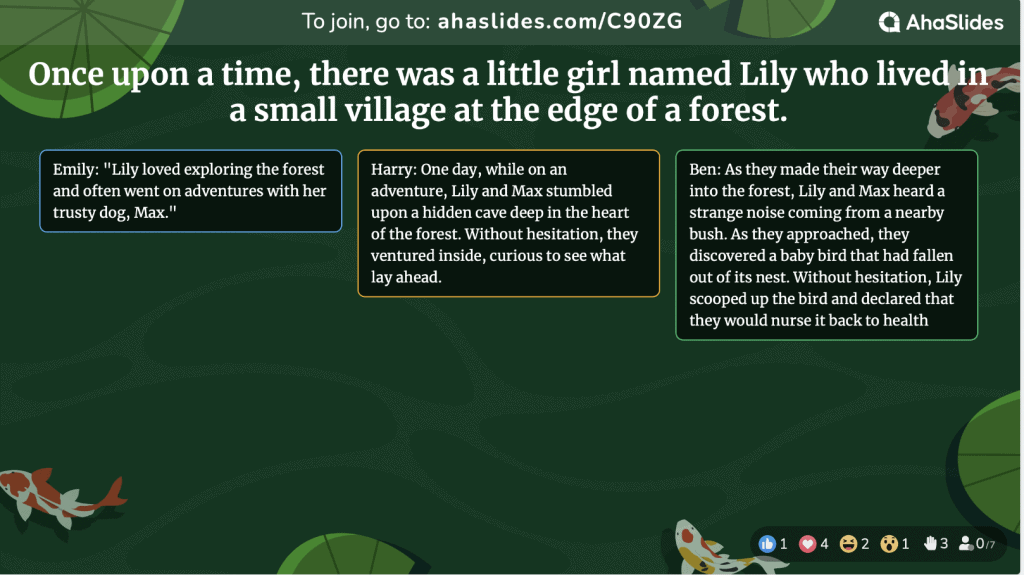
Special Edition & Expansion Packs
Need more We are not really strangers questions? Here are some extra questions that you can ask in different relationships, from dating, self-love, friendship, and family to the workplace.
10 We're Not Really Strangers Questions - Couples edition
101/ What do you think will be perfect for your wedding?
102/ What would make you feel closer to me?
103/ Is there any time you want to leave me?
104/How many children do you want?
105/ What can we create together?
106/ Do you think I am still a virgin?
107/ What's the most attractive quality about me that isn't physical?
108/ What is the story about you that I cannot miss?
109/ What do you think my perfect date night would be?
110/ Do you think I have never been in a relationship?
10 We're Not Really Strangers Questions - Friendship edition
111/ What do you think my weakness is?
112/ What do you think my strength is?
113/ What do you think I should know about myself that perhaps I'm aware of?
114/ How do our personalities complement each other?
115/ What do you admire most about me?
116/ In one word, describe how you feel right now!
117/ What answer of mine made you light up?
118/ Can I trust you to say something private?
119/ What are you overthinking right now?
120/ Do you think I am a good kisser?
10 We're Not Really Strangers Questions - Workplace edition
121/ What's one professional accomplishment you're most proud of, and why?
122/ Share a time when you faced a significant challenge at work and how you overcame it.
123/ What is a skill or strength you possess that you feel is underutilized in your current role?
124/ Reflecting on your career, what has been the most valuable lesson you've learned so far?
125/ Describe a work-related goal or aspiration you have for the future.
126/ Share a mentor or colleague who has had a significant impact on your professional growth, and why.
127/ How do you handle work-life balance and maintain well-being in a demanding work environment?
128/ What is one thing you believe your teammates or colleagues don't know about you?
129/ Describe a moment when you felt a strong sense of teamwork or collaboration in your workplace.
130/ Reflecting on your current job, what is the most rewarding aspect of your work?
10 We're Not Really Strangers Questions - Family edition
131/ What are you most excited about today?
132/ What is the most fun you've ever had?
133/ What is the saddest story you've ever heard?
134/ What have you wanted to tell me for a long time?
135/ What takes you so long to tell me the truth?
136/ Do you think I am the person you can talk to?
137/ What activities do you wish to do with me?
138/ What's the most unexplainable thing that's ever happened to you?
139/ What is your day?
140/ When do you think is the best time to talk about what happened to you?
Science Behind the Game: Why does WNRS Works
Just a deck of questions, what is the success of We’re Not Really Strangers questions behind? Via intentional design, psychological principles, or others? Let's scroll down for a closer look at the science behind the game!
The Power of Asking the Right Questions
Instead of focusing on getting answers only, the WNRS game designed thought-provoking questions for self-discovery, mutual understanding, and life-changing moments. From icebreaker questions to introspective questions, the game delivers a safe feeling for players to gradually open up and engage with others.
How Emotional Vulnerability Builds Stronger Connections
Vulnerability is the core of emotional intimacy. Joining the WNRS game allows players to share, learn with others, and relearn themselves. In this way, they signal trust, normalize emotion, and nurture empathy for building stronger connections.
Psychological Benefits of Playing the Game
Besides fostering strong bonds, WNRS has many mental health and psychological benefits, such as improving Emotional Intelligence (EQ), releasing social barriers, stress relief, and personal growth.
Thanks to reflective questions, you can enhance self-awareness and empathy, which are important elements in EQ. Moreover, authenticity, a safe zone, and good connections play as a psychological anchor to reduce stress and social anxiety.
Besides, introspective prompts might be life-changing moments to explore yourself better for deep self-understanding and personal growth.
Holt-Lunstad J. Social connection as a critical factor for mental and physical health: evidence, trends, challenges, and future implications. World Psychiatry. 2024 Oct;23(3):312-332. doi: 10.1002/wps.21224. PMID: 39279411; PMCID: PMC11403199.
Customizing "We're Not Really Strangers" for Your Needs
Here is how to make a WNRS game truly your own!
Creating Your Own Questions
Before tailoring the questions, ask yourself, "What kind of connections do I want to foster?". Based on specific relationships or events, you will craft suitable questions accordingly.
Moreover, take reference from additional editions and themes for more ideas to make the right questions. Don't forget to utilize Wildcard and prompts or quotes to make the game engaging and meaningful.
Alternative Games with Similar Concepts
Love the We’re Not Really Stranger questions but desire to explore more; below are some great alternatives with similar concepts:
- TableTopics: A game of conversation starters with various questions for icebreakers to deep reflections. Ideas for family dinners or general gatherings.
- Big Talk: This game skips questions for small talk and drives straight into deep and meaningful conversation.
- Let's Get Deep: Originally for couples to play with 3-level questions: Icebreaker, Deep, and Deeper. However, it can be adaptable for other participants to play.
Mixing It With Other Conversation Starters
For a more dynamic and engaging experience, you can blend We’re Not Really Strangers questions with other conversion starters.
You might combine prompts from other games to diversify a range of questions. Otherwise, pair the WNRS game with activities like drawing, journaling, or movie nights to get everyone on the same theme. Notably, you can integrate the We’re Not Really Stranger app or digital edition with physical cards for more interactive features and new prompts.
Printable & PDF Versions of WNRS Questions (Free Download)
We're Not Really Strangers (WNRS) offers free downloadable PDFs of their digital-only editions on their official website. There are various editions to cater to your unique needs, like Self-Exploration Pack, Back to School Edition, Introspective Journal, and more.
Download the We’re Not Really Stranger free questions in PDF version here!
To make your own DIY WNRS cards, you can print these free PDFs and cut them into individual cards. Alternatively, you could create questions inspired by the WNRS format and print them on cardstock.
Frequently Asked Questions
What is the last card in We're not really strangers?
The final card of the We're Not Really Strangers card game requires you to write a note to your partner and open it only once you two have separated.
What is the alternative if we're not really strangers?
You can play some questions games like Never I ever have, 2 Trues and 1 Lie, Would you rather, This or that, Who am I ...
References
- Holt-Lunstad J. Social connection as a critical factor for mental and physical health: evidence, trends, challenges, and future implications. World Psychiatry. 2024 Oct;23(3):312-332. doi: 10.1002/wps.21224. PMID: 39279411; PMCID: PMC11403199. https://www.ncbi.nlm.nih.gov/books/NBK64939/
- IU News. Stronger social networks key to addressing mental health in young adults, research finds. https://news.iu.edu/live/news/33803-stronger-social-networks-key-to-addressing-mental.

